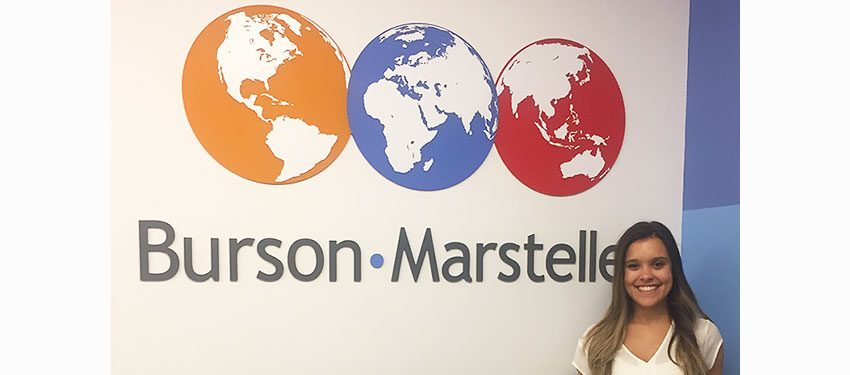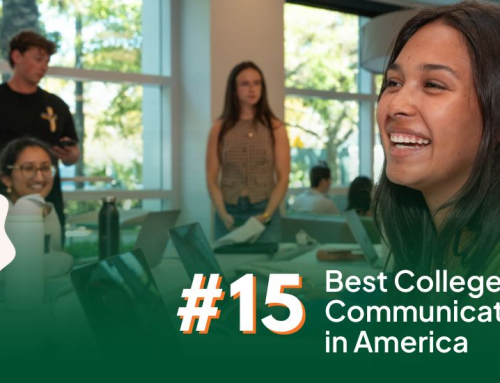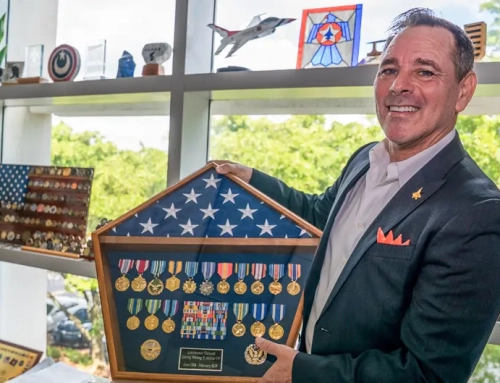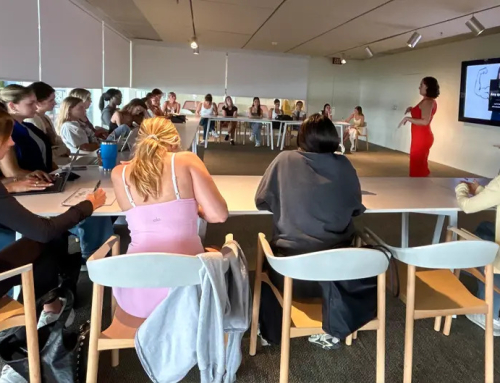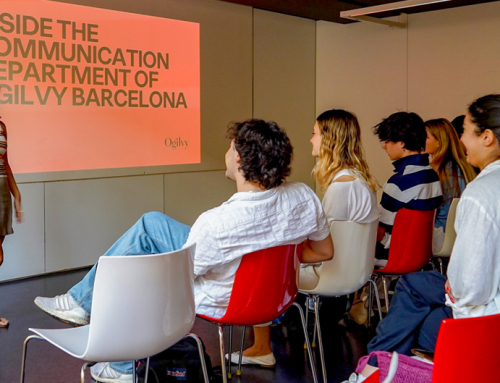This summer, I spent two and a half months working in one of the largest and most bustling public relations hubs in the world as a corporate and financial communications intern for Burson-Marsteller in New York City.
Burson-Marsteller is a global public relations and communications agency that specializes in using strategic insights and innovative programming to build and sustain strong corporate and brand reputations. Founded in 1953 by Harold Burson and Bill Marsteller, Burson-Marsteller is considered to be the first integrated communications firm.
On the first day of the Harold Burson Summer Internship Program (HBSI), 15 bright-eyed interns and I stepped into a humming office filled with communication professionals, media specialists, designers, and writers from all over the world. No time was wasted as we were quickly introduced to the majority of the office, including senior executives. By the end of the first day, we were fully immersed into our account teams.
As a corporate and financial intern, I was a part of Burson-Marsteller’s largest practice and was joined by three other interns from northwest Arkansas, Manhattan’s upper west side in New York City, and Los Angeles. The four of us used each other as allies, as we were each thrown into million dollar accounts representing everything from global corporations and major law firms, to large financial institutions and pro bono charities.
I spent the first half of the internship gaining exposure to different aspects of the public relations industry and immersing myself in the culture of one of the most diverse cities in the country. On Tuesday, June 27, I walked into the office New York-style with a bagel in hand, and sat at my desk to discover my Wi-Fi was down.
At first, the other interns and I did not think too much about the lack of internet connection, so we sat and waited for further instructions. Suddenly, the office manager bolted out of the elevator and yelled, “we’ve been hacked, unplug your computers and phones. More information to come.”
Everyone ran frantically to their desks in an attempt to save whatever they could on their computers. One employee switched the office TV to CNN and read the headline about a global hack.
Burson-Marsteller’s parent company, WPP plc, and other global companies, were attacked by a ransomware virus. The entire computer system, emails, and phones were affected, and some employees even received messages stating their computers’ files had been encrypted and would only be available once the user paid 300 in bitcoins.
Without access to computers, emails, or phones, an understated chaos ensued. We began helping our teams contact clients to let them know what was going on. We had ongoing projects and deadlines to meet with no access to any technology and no guarantee the problem could be fixed.
The next day, we were given more information on the hack, but still no access to any technology. Some of the executives came in to help better explain what was happening and encourage us to get creative to get the job done.
The three other interns and I were sitting at our desk, confused on where to start, when senior director Chris Beard walked in.
He asked how we were doing and said “we just have to work without phones, email, or the internet like its 1985.”
The four of us looked at him and laughed, letting him know that we were born nearly a decade after 1985, and had never worked in a world without technology, but we were up for the challenge.
We spent the next couple of weeks transcribing notes by hand, and delivering messages to people in person. As the hack faded away and access to technology became available, we had a newfound appreciation for the public relations industry and our entire office.
The work ethic and professionalism exemplified by the entire Burson-Marsteller office was admirable and I feel so honored to have been able to experience it first-hand. In two and half months, Burson-Marsteller taught me more about the communications industry than I could have ever imagined. I was given the opportunity to work alongside world-class teams, learn from professionals across a variety of fields, and meet leaders in public relations, including Harold Burson.
There are no words to describe how grateful I am for the HBSI program, and I’m so excited to take the skills I learned at Burson and use them throughout my senior year at University of Miami School of Communication.

